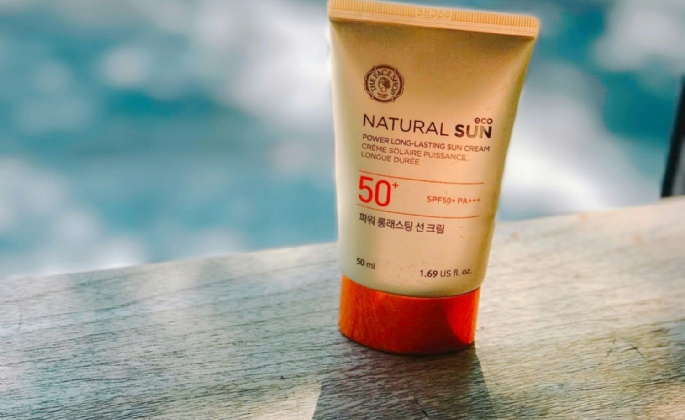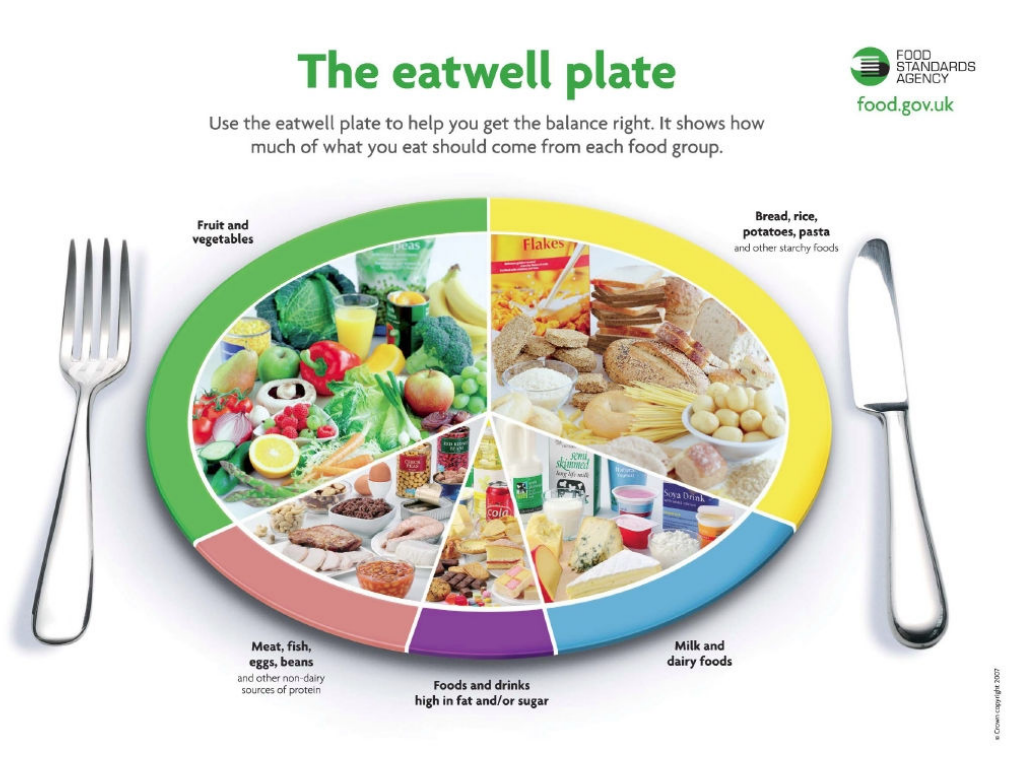PSHE Tasks: Week Commencing 16/12/24

Please see tasks below for Key stage 3, Key Stage 4 and Careers for the week commencing 16/12/24.
For friendly feedback, email your work to: yvonne.prendergast@pilgrim.lincs.sch.uk
Key Stage 3 PSHE Topic - Health and Wellbeing Keeping Healthy – Sun Safety
Objectives
Understand the importance of taking increased responsibility for own physical health – sun safety and tanning
Information
Skin cancer is a common cancer in both men and women. Although not the only cause of skin cancer, harmful rays from unprotected time in the sun or from tanning beds can be a very strong trigger. Up to 80% of the sun’s harmful rays can penetrate your skin on even cloudy days. People are advised to stay out of the sun between 10am and 2pm. Protective creams are not always as strong or protective as we think they are so it is advisable to seek shade and cover exposed skin, head and eyes, even when wearing screens and creams.
Tasks
1. Read the sun safety messages below. Design a sun safety game or write a quiz of sun safety questions to use with peers to gauge understanding or inform them of sun safety. Include information on how to gain protection in the sun; what to wear; how to use sun screens/creams - limitations and misuse; times to avoid in the sun; the damage that can be done; consequences to health and wellbeing; common myths and beliefs
2. Collate information from the sun safety messages (above) and family safety information sheet (below). Design a poster aimed at teens to inform them of the dangers of tanning and tanning beds or design a poster to inform parents of the need to protect their children against sun rays.
3. Design a set of clothes and accessories for a child or teen to wear abroad on holiday when they are in the sun for prolonged periods.
Key Stage 4 PSHE Topic – Health, Wellbeing & Making Informed Lifestyle choices - Diet
Objectives
Make informed lifestyle choices regarding diet.
Information
A balanced diet is recommended by the government and nutritionists as the best diet for health and hygiene. This means that the majority of food on a plate should be fruit and vegetables, a small portion of protein such as fish, meat or pulses, carbohydrates such as potatoes, rice or pasta, and dairy. It is important to incorporate each food type as they each support a body function such as the immune system, aiding digestion, repairing the body from injury, building healthy bones and skin, and providing energy. It is important to eat in approximate ratios to keep the body at an appropriate weight. See the image of The Eatwell Plate below.

It is advised that we eat a rainbow of fruit and vegetables as they contain different vitamins and nutrients and drink at least two litres of water a day. It is important to get nutritional advice if choosing a vegetarian, vegan/plant based or gluten free diet.
There are many trendy and celebrity diets on the market but it is important to think and discuss whether the diets are balanced in food types and nutrients and what may be the risks and consequence to health and wellbeing if the diet does not include these food types. Remember a lot of diet promotions such as websites, magazines, social media, celebrity blogs and videos are written to make money and may not be reliable or of health benefits. You can seek reliable nutritional and diet advice from the NHS website and services.
Tasks
1. Investigate what the following diets consist of – the benefits, disadvantages and consequences of adopting it.
- The Mediterranean Diet;
- The Raw Food Diet;
- The Ketogenic Diet;
- The Paelo Diet
2. The following foods are known to lift your mood. Find recipes or think of ideas how they can be incorporated more into your diet.
- oily fish;
- dark chocolate;
- fermented foods;
- bananas; oats;
- berries;
- nuts;
- seeds;
- coffee;
- beans;
- lentils
3. Read the article below: "Changing Sandwich Tastes and Tasks” and consider whether sandwiches have become healthier and how they could be designed to be healthier still.
4. Read the attached article on British takeaways. Analyse whether they provide a balanced meal. Explain how they could be cooked from scratch to save money and made healthier.
5. Create a rainbow of fruit and vegetables (Red, orange, yellow, green, blue, indigo, violet). Research the nutritional value of different fruit and vegetables.
Key Stage 3 and Key Stage 4 Careers
Information
We will be interviewed by unknown and unfamiliar people many times during our lives. This may be for work experience, a college course, a voluntary, part-time or full -time job, promotion or change in jobs.
Read examples below of common questions asked at interview and decide how you could respond (choose a job or course you would like to be interviewed for).
- Tell me about yourself and your interests
- What are you studying? Where do you hope it will lead you?
- What plans have you for post 16
- Why are you interested in this course/job?
- What do you see yourself as doing in 5 years/10 year's time
- Where do you see yourself working?
- Are you prepared to move away from your home town/village - where would you like to live and work?
- What experience and responsibilities have you had that will help in the future, for example, jobs outside school, work experience, looking after or caring for family, neighbours, pers, Jobs and responsibilities you have had at school, for example, looking after school pets, gardening, sustainability, Amber Grill, library
- What are your best people skills?
- How do you work with others – are you a team worker? Leader? Good Communicator
- How do you think other people would describe you
- What qualities do you have that will help you on this course/in this job?
- Tell me about any extra experiences you have at school, such as Duke Of Edinburgh, Pupil Forum, First Aid, Fund Raising, Charity Work and Organisation
- Tell me about how you use your leisure time
- Have you any questions for us
